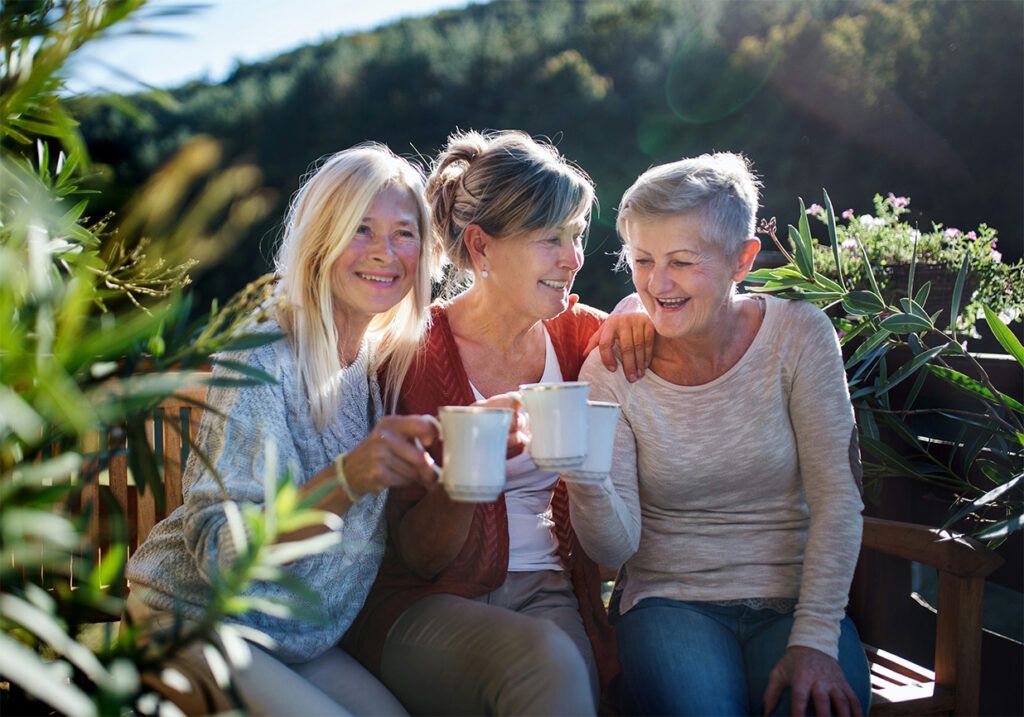The sweet and special times you share with someone who needs your help can shine through amongst even the toughest challenges of caregiving. An additional and perhaps less obvious beacon of lending support to another can be the act of giving itself. We all know ’tis better to give than to receive, but it’s not only because giving benefits those around us. It can also improve your health in significant ways.
Doing for others has been shown to boost both physical and mental well-being; among the benefits are lower blood pressure, increased self-esteem, decreased depression and stress levels and greater longevity.
Stress goes along with any caregiving role, but the act of giving can be a powerful stress buffer.
If you feel your calling may be to do work that helps others—such as a paid in-home care aide or a volunteer serving any number of needs—consider how doing so could help you as well.
Giving support—rather than receiving it—may have unique positive effects on key brain areas involved in stress and reward responses, according to one study. Researchers used neuroimaging to look at how brain areas involved in stress-, reward- and caregiving-related activities were affected by giving versus receiving social support.
At the brain level, only support giving was associated with beneficial neurological outcomes. According to the researchers, giving support might improve health by “reducing activity in stress-and threat-related regions during stressful experiences.”
Lower blood pressure was correlated with giving social support in another study. It also found that “participants with a higher tendency to give social support reported greater received social support, greater self-efficacy, greater self-esteem, less depression, and less stress than participants with a lower tendency to give social support to others.”
Helping behavior has also been associated with living longer. Researchers at three universities had 846 subjects from the Detroit area complete baseline interviews assessing past-year stressful events and whether they had provided tangible assistance to friends or family members during that time. The researchers then tracked participant mortality for five years via newspaper obituaries and state death records. “[O]ver the five years of the study, we found that when dealing with stressful situations, those who had helped others during the previous year were less likely to die than those who had not helped others,” said Michael J. Poulin, PhD, a coauthor of the study. “Our conclusion is that helping others reduced mortality specifically by buffering the association between stress and mortality.”
Another way to boost longevity is through volunteer work. One study suggested, however, that motivation is key. Participants who volunteered regularly and frequently lived longer, but only if they were motivated to volunteer out of a true desire to help others, rather than for self-oriented reasons.
Volunteering offers a host of additional health benefits, especially for older adults, according to the Mayo Clinic Health System. It can lower stress levels, boost self-confidence and trust in others, decrease the risk of depression, and even leave you with a positive feeling known as a “helper’s high.”
Lending your time as a volunteer for as little as two hours per week can improve your mental, emotional and physical health, reports the National Association of Area Agencies on Aging. It can reduce chronic pain, risk of disease and social isolation and increase physical fitness, mental functionality, sense of purpose and social connection.
So, give of yourself, if you’re so inclined, and if your heart is in it. It could be one of the best things you do for you.






